Words of wisdom and miscellaneous facts by Dr. Wysong and others.
This is an accumulation over several decades and the accuracy cannot be attested to.
Wysong vs Nemos Bible Debate
COSMOLOGY LIES AS BIG AS THE UNIVERSE
⬇️ Click to scroll down to article
"We'll know our disinformation program is complete when everything the American public believes is false."
—William Casey CIA director 1981
The bigger the lie the greater its acceptance because people cannot believe authority figures would ignore reality.
To find truth we must hate the lie more than love accepted beliefs.
Fraud vitiates everything it touches. (common law maxim) Nudd v. Burrows (1875) 91 U.S. 416.
Fraud destroys the validity of everything into which it enters. Boyce's Executors v. Grundy (1830) 28 U.S. 210.
Fraud vitiates the most solemn contracts, documents and even judgments. United States v. Throckmorton (1878) 98 JU.S. 61.70.
FORWARD
The accepted cosmogony/cosmology (origin and nature of the universe) belief is:
—William Casey CIA director 1981
The bigger the lie the greater its acceptance because people cannot believe authority figures would ignore reality.
To find truth we must hate the lie more than love accepted beliefs.
Fraud vitiates everything it touches. (common law maxim) Nudd v. Burrows (1875) 91 U.S. 416.
Fraud destroys the validity of everything into which it enters. Boyce's Executors v. Grundy (1830) 28 U.S. 210.
Fraud vitiates the most solemn contracts, documents and even judgments. United States v. Throckmorton (1878) 98 JU.S. 61.70.
FORWARD
The accepted cosmogony/cosmology (origin and nature of the universe) belief is:
A Big Bang of nothing created an infinite meaningless universe containing atomic dust that gravitationally accreted into heavenly bodies including our Earthball moving in several different directions at 2.8 million mph and holding an atmosphere next to the vacuum of space while spontaneously forming life from primeval sludge that then evolved into complicated rocks called humans with no free will.
Long ago it became clear to me that the materialistic evolutionary part of that credo was false.
But I was on board with the cosmology part. After all, we see rocket ships going to and fro, there is a "Space Force," pictures of Earth and planets abound, astronauts float around and in the International Space Station, thousands of people and billions of dollars support it, and, of course, "all" the experts believe.
To question this is to be a conspiracy theorist, misinformationist, or even a lunatic. Oh my, we must, after all, follow the crowd.
The idea that we are being lied to about space didn't even enter my mind until a few months ago when what was left of my naive and trusting innocence had been totally demolished with the COVID-19 fraud.
We, the crowd, extend our trust to institutions charged with looking after our interests. But government, Big Medicine, education, media, industry, Big Tech, science, and NASA chase money, their own security, and even power over us.
That should not inspire confidence in beliefs they create, promote, protect with censorship, and even demand acceptance of.
If we want truth, we have to find it ourselves. To do that requires the opposite of trusting in others. It means sleuthing what the powers that be try to hide from us in internet archives, banned videos, censored "disinformation," and what "fact checkers" say isn't so.
Probing into the subject I was stunned to learn that:
That means unproven beliefs, stories, and even fakery are being passed off as science and truth.
This subject may seem inconsequential to everyday life. But that's only true if we aren't being lied to about it. If the truth is being hidden from us, we can be sure of one thing, it's not being done for our benefit.
Truth seekers learn that the scale and ostentatiousness of lies being fed to us means nothing can be tacitly trusted.
Everything of importance from government, media, industry, medicine, education, economics, science, history, religion, and popular society must be assumed to be false unless we prove otherwise by doing our homework and thinking critically.
This series will provide wake-up information to help you discover lies as big as the universe.
But I was on board with the cosmology part. After all, we see rocket ships going to and fro, there is a "Space Force," pictures of Earth and planets abound, astronauts float around and in the International Space Station, thousands of people and billions of dollars support it, and, of course, "all" the experts believe.
To question this is to be a conspiracy theorist, misinformationist, or even a lunatic. Oh my, we must, after all, follow the crowd.
The idea that we are being lied to about space didn't even enter my mind until a few months ago when what was left of my naive and trusting innocence had been totally demolished with the COVID-19 fraud.
We, the crowd, extend our trust to institutions charged with looking after our interests. But government, Big Medicine, education, media, industry, Big Tech, science, and NASA chase money, their own security, and even power over us.
That should not inspire confidence in beliefs they create, promote, protect with censorship, and even demand acceptance of.
If we want truth, we have to find it ourselves. To do that requires the opposite of trusting in others. It means sleuthing what the powers that be try to hide from us in internet archives, banned videos, censored "disinformation," and what "fact checkers" say isn't so.
Probing into the subject I was stunned to learn that:
| Nobody, including any scientist, can prove any aspect of the approved cosmogony/cosmology belief using experimentation and the scientific method. |
That means unproven beliefs, stories, and even fakery are being passed off as science and truth.
This subject may seem inconsequential to everyday life. But that's only true if we aren't being lied to about it. If the truth is being hidden from us, we can be sure of one thing, it's not being done for our benefit.
Truth seekers learn that the scale and ostentatiousness of lies being fed to us means nothing can be tacitly trusted.
Everything of importance from government, media, industry, medicine, education, economics, science, history, religion, and popular society must be assumed to be false unless we prove otherwise by doing our homework and thinking critically.
This series will provide wake-up information to help you discover lies as big as the universe.
"We'll know our disinformation program is complete when everything the American public believes is false."—William Casey CIA director 1981
"We know they are lying, they know they are lying, they know we know they are lying, we know they know we know they are lying, but they are still lying."—Aleksandr Solzhenitsyn
"We know they are lying, they know they are lying, they know we know they are lying, we know they know we know they are lying, but they are still lying."—Aleksandr Solzhenitsyn
|
11/22/2019
Click to enlarge, Ctrl + to enlarge further; Ctrl 0 to return to 100%
The Industrial Revolution began at a time when the Earth was not yet fully explored. It still seemed limitless with an absorbing capacity far beyond human reach. Waste was simply dumped on the ground, in water, or billowed into the air. The enthusiasm for the wonders that the industrial/technical era could bring caused everyone to think as far as the goodies and no further.
We now know civilization's capacity to disrupt environmental balances cannot be ignored. On the other hand, neither can we stop industrial/technical advance. It's a heck of a pickle. Industry wants to proceed as if there are no environmental consequences, and others, not wanting to gag on exhaust, want to put the brakes on. The debate between profits and jobs on the one hand and environmental concerns on the other will continue to heat up as population swells, consumerism flourishes, and emerging economies struggle for their share of the industrialized good life. Environmental crises are a testament to the fact that people are always inclined to live as if the moment is their only concern. Extrapolating the consequences of actions out into the future might get in the way of cherished habits. So we live with insouciance and wait for disaster to stare us in the face. Then, when it is hopefully not too late, we attempt to take intelligent action. The smart thing from the very beginning would have been to never engage in industry that fouled our environment or consumed resources in a non-sustainable way. Safety and sustainability should have been first priority, not seeing how fast we could crank up assembly plants to create products (most of which are unnecessary) and line pockets. Maintaining wild areas, renewable energy sources, sustainable agriculture, and being sure recycling technology keeps pace with production and packaging are not insuperable difficulties. As evidenced by emerging green technologies, our ingenuity could easily overcome the problems. By pausing as a society to look at the long-term, we could have all the modern conveniences but without the attendant environmental threats.
But "would've-could've-should've" is not where we are today. Although we face environmental concerns on every front, many politicians, consumers, and industrialists deny that there is a problem. They argue that environmentalism is just a silly reason to interfere with progress and prosperity. The attitude seems to be that unless people are choking on smog, growing tumors from drinking the water, or have to pay ten dollars for a gallon of gasoline, all is well.
The economy and the environment are intimately linked. A robust economy as well as poverty can be ruinous to the environment. When starving or freezing, people eat and burn whatever is available. Perfect examples of this can be seen right now where refugee camps are set up. Every piece of wood and every edible plant or creature is obliterated, creating a dust bowl perimeter that expands out from the camps in proportion to time. A thriving economy solves such desperation. Also, by improving the standard of living, people start to think in terms of maintaining their quality of life. That means looking to the future, the view that is necessary for sustainability and long-term health. In turn, environmental sensitivity engenders health, without which a prospering economy makes no difference. It is now politically correct to demonize industry and money rather than see their potential synergy with a healthy environment. Although this extreme view is not totally reasonable, it is a safer approach than industry without limit. On the other hand, the pro-industry, anti-environmental view has a beguiling appeal because it tells people what they want to hear: Everything is okay—so eat, drink, and be merry. Ozone holes won't get you, nor will bad food, species extinctions, deforestation, water pollution, tobacco smoke, factory farms, herbicides, pesticides, genetic engineering, or automobile and industrial exhaust. Forget the radical environmental stuff and enjoy yourself. Humans are puny and the Earth is big, so don't worry about it. Proponents reinforce and justify this environmentally blind, pro-industrial view with arguments such as these: humans create more greenhouse gasses than cars; water is cleaner than it has ever been; trees are on the increase; volcanoes cause more pollution than industry; oil slicks are not a concern because oil is a natural product constantly released on the ocean floors anyway; the Earth can heal almost anything; life would reemerge eventually even if all nuclear plants and weapons exploded. Even God enters the fray. Some argue that stewardship is really not that important since God is coming to save believers and create an Earthly paradise, or take them to a pristine heaven. They are confident that God would never permit things to get so bad that the saved would not be saved. Besides, there is a Biblical command to subdue the Earth so why not have fun doing so?
We all share guilt for environmental degradation, regardless of our philosophical or religious views. If we live in and support the modern world we are culpable by our very existence. Each one of us tends to use up and waste more than we restore. At the same time, we want to feel comfortable that our conveniences and industrial actions will not harm us. Therefore, there is strong emotional pressure in all of us to believe that everything is okay and that we need not worry because the Earth is so big and forgiving and all we are doing, after all, is just trying to enjoy life. In the back of everyone's mind is the hope that science and technology will always be able to come save us. It's the "really bad things won't happen to me" syndrome spread across whole societies and the whole Earth.
But environmental problems are real and can destroy us. History abounds with evidence that we ignore the environment at our peril. We should be living on our income, not the Earth's savings. For example, primitive cultures became nomadic because they exhausted the resources in their surroundings. (Where will the U.S. move when it exhausts its resources?) Archaeology shows how settlers to islands first killed all the animals for food, and then felled all the trees for homes, boats, and fires. With no life support left, their society either perished or moved to another land. (Where will Africa move if it does the same?) Ancient civilizations around the globe suffered under environmental ruination and either met their demise or moved on to despoil yet another area. (Where will Europe move when it ruins its land, air, and water?) Environmental ruination and human suffering are not just events of the past, or abstractions to ponder for the future. For huge third world regions these stark realities are present right now in an endless cruel cycle of environmental degradation, over-population, and poverty. Millions send their toddlers out across barren areas searching for the last twigs of firewood. Some walk for hours every day just to find potable water. They have no place to move and only misery to look forward to. (Where will Earth's inhabitants move when we reach the bottom of the planet's barrel?) Here is the essential point that seems to be missed: If we care about humankind, all planetary issues are important. Therefore, all sociopolitical, economic, biological, and environmental issues must be evaluated on the basis of how they impact human welfare, both in the short-term and long-term. This evaluation should then be the filter through which the merits of competing ideas are judged.¹
For example, the issue is not whether chlorofluorocarbons emitted from spray cans are destroying the ozone layer, but rather could they if their use were unbridled? What if emissions increased a thousand, a million, or a billion-fold? Would that not, in fact, jeopardize the atmospheric canopy that protects human health? It's not a matter of concern for the canopy; it is a matter of human health.
Similarly, the issue is not just whether a spotted owl is exterminated by deforestation. If deforestation continues without restraint, won't humans be adversely affected? Don't trees, in fact, beneficially affect the air and temperature of the planet helping to create homeostatic balance that permits human life? If a forest is going to be logged and turned to wasteland or a paper pulp tree farm, doesn't that have meaning for human welfare? Should extending the paycheck for a logging industry for a few months be given priority over maintaining pristine natural areas, which generations into the future could enjoy and benefit from? Since plankton creates far more oxygen than all the Earth's forests, then shouldn't we be concerned about pollutants in the oceans that can destroy these air-regenerating creatures? Throwing trash from car windows is not a question of how long it would take to make mountains of debris along roads that would impair the vision of drivers. The point is that private despoiling should not take priority over the common right to the aesthetics of a litter-free highway. Oil is a natural product of the Earth and may be spontaneously released at the ocean floor, but does that justify decreasing controls that could result in more oil tanker breakups? Although past oil tanker spills have resulted in some environmental recovery, what if the spills increased ten-fold or a hundred-fold? What if no part of the ocean could be found without an oil slick and no beach could be safely enjoyed? Wouldn't this adversely affect human welfare? Should not the potential for such disaster be nipped in the bud? Is not more concern better than less? Because environmentally ruinous practices may be seen as necessary for business, profiteers tend not to voluntarily reform. This is a case where governmental controls can serve a needed function. Only 0.1% of all large-scale layoffs nationwide have resulted from environmental regulations such as the Clean Air Act. By contrast, changes in company ownership accounted for more than 35 times that number of jobs being terminated. This is not to say regulatory bureaucracy should not be trimmed and made more rational. For example, while only 18 hazardous waste sites were cleaned up by the EPA's superfund in the approximate ten years following 1980, some $600 million of the fund went to lawyers. Ultimately, jobs will not be diminished if there is a reorientation of industry away from environment-wrecking technologies. Although that is not comforting to those who profit from things remaining as they are, the big picture must be viewed. When industry shifts focus, jobs are not lost, the skills necessary to fill them simply change. For example, if virgin forest logging is curtailed, jobs are not eliminated; they are redirected toward sustainable timber practices and industries which create alternative construction and paper products. A clean renewable energy source that replaces oil and gas would also just shift jobs to the new technology. What about the argument that because humans are natural, whatever they do is natural and therefore can't be considered as anti-environmental? Indeed, natural human activity is fine until human intellect and creativity are attached to it. If we dig at the branch we are sitting on with our fingers, no big deal. Put a chainsaw to it and we have an entirely different matter.
Problems arise when ancient habitat meets modern capability. Put humans in the woods without access to any machinery, just like all other creatures, and no irreparable harm is done. In the rain forest, aborigines make baskets out of leaves without destroying the plant. They eat fruit and cultivate more fruit by spitting out or defecating the seeds. What they consume ultimately re-fertilizes or plants in an endless cycle of death and regeneration as nature designed. But give them bulldozers, a food processing plant, and garbage cans, and we have another matter entirely.
So the wild card usually not taken into account by those who deny human impact on the environment is the unique (unnatural) compounding element of technology. It potentiates and accelerates our ability to destroy resources and upset balances by a factor of thousands. Let's also not be distracted by arguments about the insignificant worth of trees, spotted owls, or obscure endangered fish. Yes, on the surface it can seem foolish to shut down an industry because of a minnow. But to ignore the importance of biodiversity is to violate the principle of interdependence: we will ultimately suffer harm if we harm the intricate natural web of which we are a part. It's really not about the minnow; it's about the mindset that knows no limit in terms of what can be destroyed in the name of 'progress.' To eradicate species, as we are doing, is to burn a gigantic genetic library before we have read the books. The course of human history is ultimately shaped by paradigms, the prevailing philosophic thought, the zeitgeist. The Inquisition, Dark Ages, Renaissance, and the Industrial Revolution all were created by ways of thinking. While some paradigms advanced the human condition, others have brought immeasurable human suffering. The paradigm of unbridled industry and resource consumption has proven to be naive. Not because progress is bad, but because the scale of industry is now so enormous. Human encroachment and destruction continually grow, but the Earth's capacity remains the same. The problem is one of limits. Human destruction of resources and life support systems will eventually meet Earth's capacity. Blind faith that technology will somehow at the last critical moment solve any problems is no solution. A paradigm shift of Earth first, consumerism second, is needed. We either change our philosophic approach from industrial hedonism to fiduciary responsibility, or we will make Earth uninhabitable. Is the ozone hole growing or shrinking? Is the Earth warming or cooling? Should the spotted owl take precedence over logging jobs? Should a natural area be explored for oil? Environmental answers always lie in measuring long-term consequences. It's simple. Human activity that would eventually threaten humans must stop.
Unfortunately, the distance in time between cause and effect too easily lulls us into complacency and self-justification. In this regard, how we treat our relationship to the environment is not unlike how we tend to reason on health. Cigarettes and processed food cause no immediate harm. Pollution doesn't either. The lag in impact on the environmental organism is just like the lag of degenerative disease impact on individual organisms. Just because we cannot measure immediate harm from an act does not validate it. That's the difference between intelligence and wisdom, on the one hand, and simple neurological reflex on the other—which coincidentally is the difference between us and other life forms.
It is the unreasoning forms of life that populate and exploit without any concern for the future. The result is starvation and calamity as populations come and go, exhausting resources or poisoning themselves with their own waste. Shouldn't we humans, with our apparently unique ability to reason toward the future, figure out something better than a ruined environment for our children? Do we just continue until the Earth is blacktop and rivers course in tamed concrete channels? Isn't there obviously more potential harm in destruction of natural areas and industrial pollution gone unabated than prohibiting any further degradation? Isn't despoiling nature like whipping our own mother? Should we not err on the side of overprotecting rather than attempting to balance on the narrow edge of disaster? We are living through an Earth-scale revolution because technology has permitted us to reach some of Earth's limits. Our choices will ultimately determine if we become victims of myopic and selfish acts or founders of a future of hope and promise that can only happen if we live our lives and govern our world as if thinking matters. If you agree, disagree, have questions, or have a correction please let me know. Comment below or email me at [email protected]
Leave a Reply. Choose Any Name
Comments
|
Introduction
1. We Can Agree 2. Possibility Thinking 3. The Solver Principles 4. Our Owner's Manual 5. We Live in A Unique Time 6. Being Health Smart 7. The Illusion of Youth Health 8. The Good Old Days 9. Timing Life 10. Exercise 11. Hormones and Steroids - A Two-Edged Sword 12. The Female Hormone Problem 13. Growing Older 14. Squaring the Curve 15. Healthy Dos and Don'ts 16. The Medical Profession 17. The Greatest Threat to Health 18. Don't Surrender to Medical Care 19. But We Live Longer Today 20. Dollars Don't Make Health 21. Disease Does Not Strike Us 22. Germs Don't Cause Disease We Do 23. From Where Does Healing Come 24. The Best Food 25. Food Ethics 26. Healthy Weight 27. Healthy Eating Ideas 28. First Things First 29. Hopelessness 30. Depression 31. Memories 32. Addiction 33. Blaming the Parents 34. Surviving Tragedy 35. Touch 36. Music as Healer 37. Humor 38. Pets as Life Savers 39. Pet Keeping - A Serious Responsibility 40. The Myth of 100 Complete Pet Foods 41. Feeding Pets as Nature Intended 42. Industry vs. Earth 43. Population 44. Modernity's Deception 45. Animal Rights 46. Biophilia 47. Respect for All Life 48. Doing Good With Business 49. The Global Economy 50. The Power of Money 51. Financial Affairs 52. Work as Friend 53. Government 54. The End of Civilization 55. Freedom Is Not Equality 56. Sex 57. Being in Love 58. Marriage - The Union of Opposites 59. Divorce 60. The Family Nest 61. Having Babies 62. Children 63. The Empty Nest 64. Experience 65. Education 66. Life Is Uncertain 67. Things Mound Up 68. Murphy's Law 69. Life's Predictability 70. Finding Home 71. Learn From History 72. Shaping the Future 73. The Other Line Always Moves Faster 74. Little Things Add Up 75. Growing Up 76. Alone 77. Hope 78. Paying the Success Price 79. Change A Wonderful Thing 80. Being the Best You Can Be 81. Do Something, Something Happens 82. Change the World 83. Growing Good People 84. Words 85. Genius 86. Listen and Learn 87. Mind Over Matter 88. Looking Good 89. Protecting Yourself 90. Self Sufficiency 91. Life Is Math 92. Ethics 93. Conscience 94. The Long View 95. Being Real 96. Change 97. End and Beginning Figures |


 YouTube
YouTube Podcast
Podcast
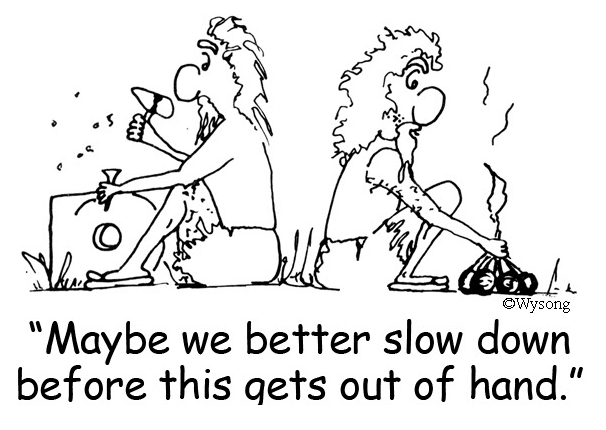
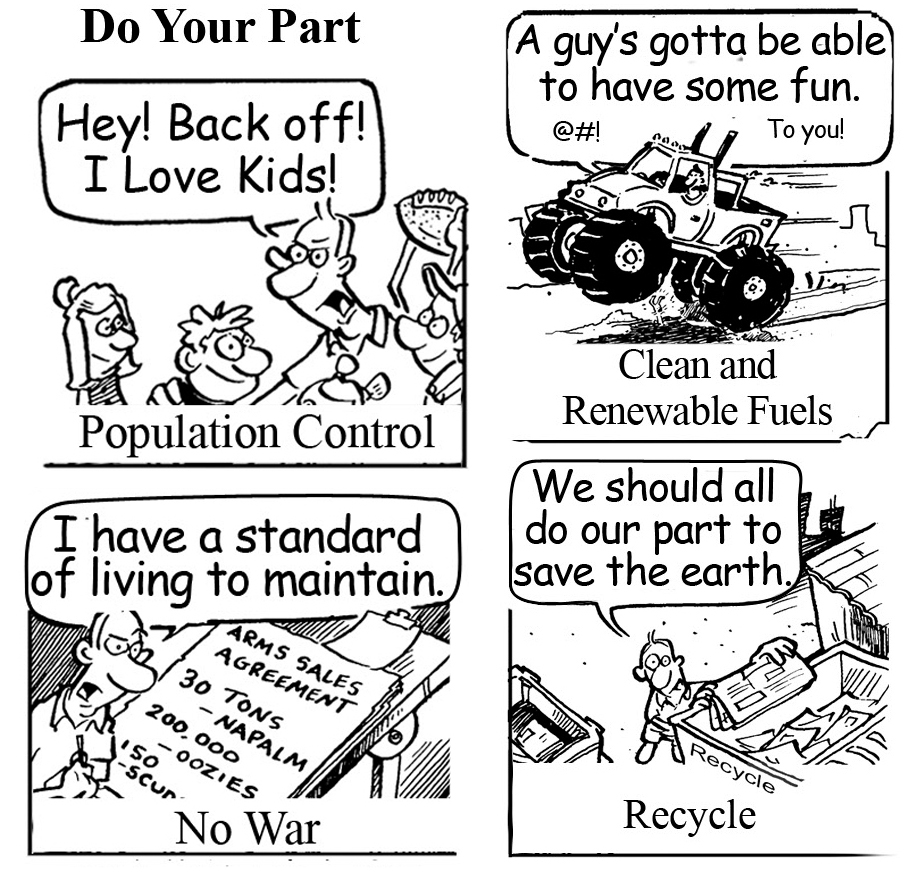
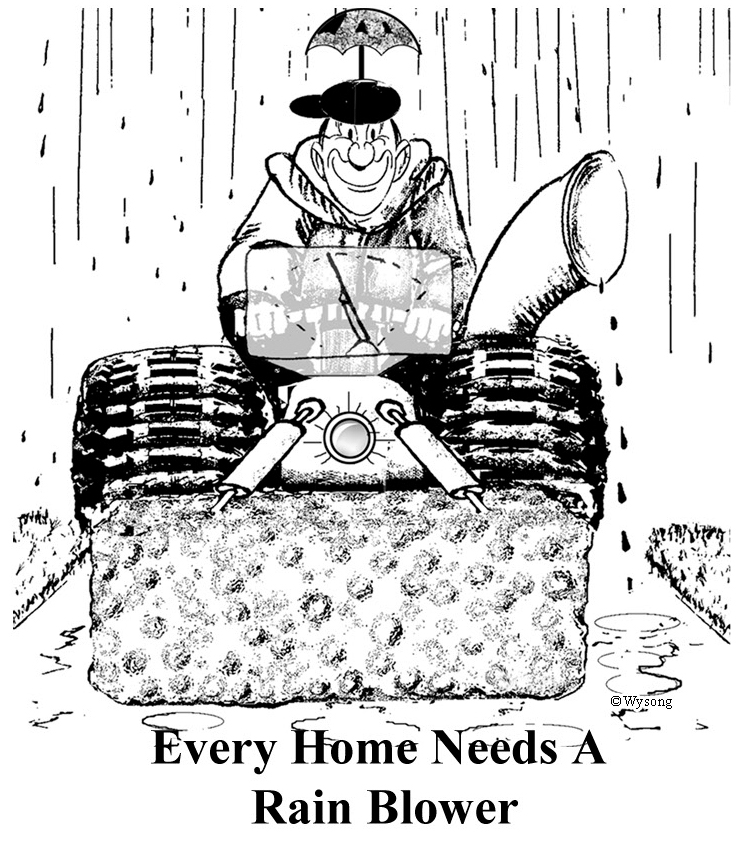
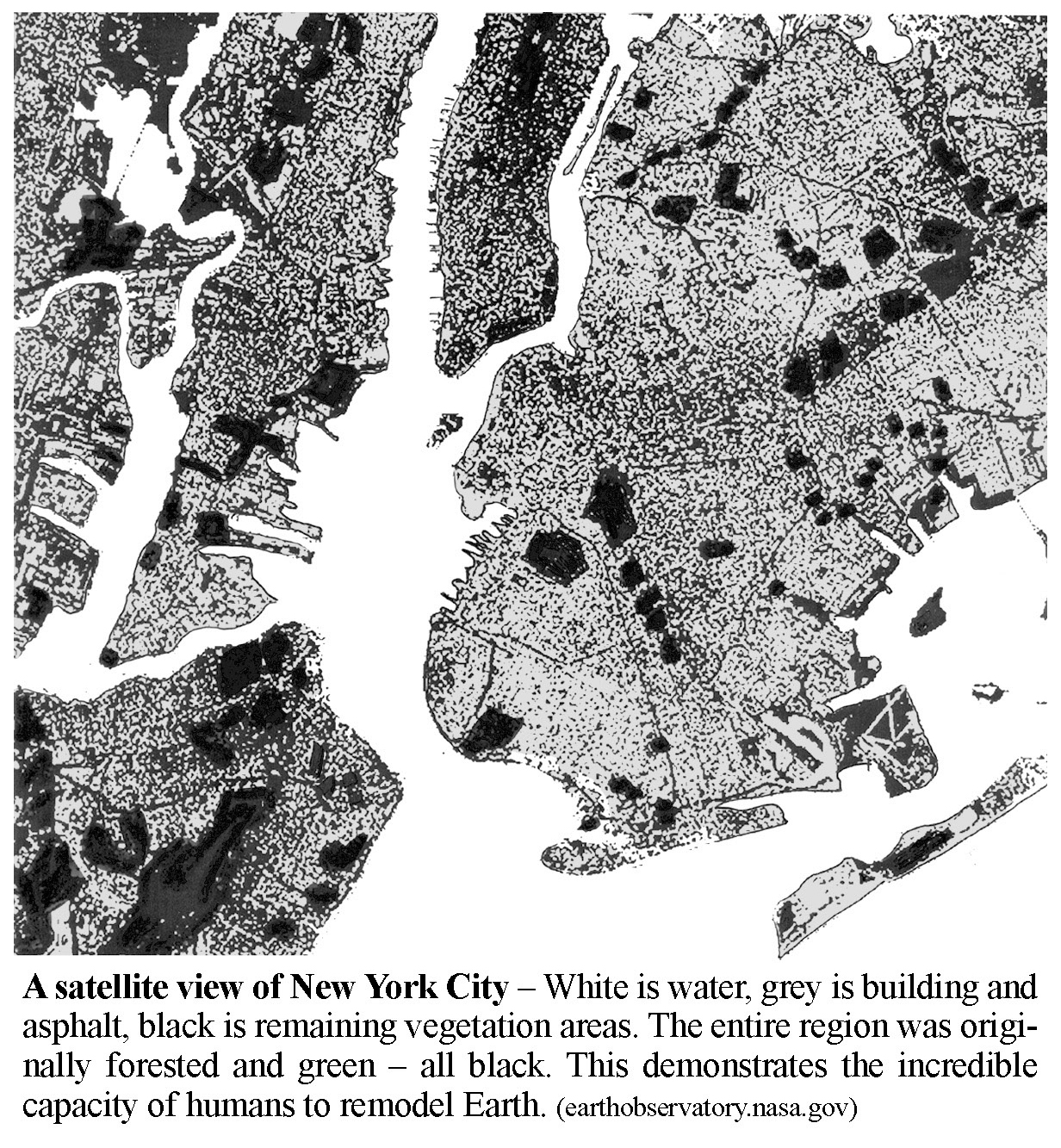
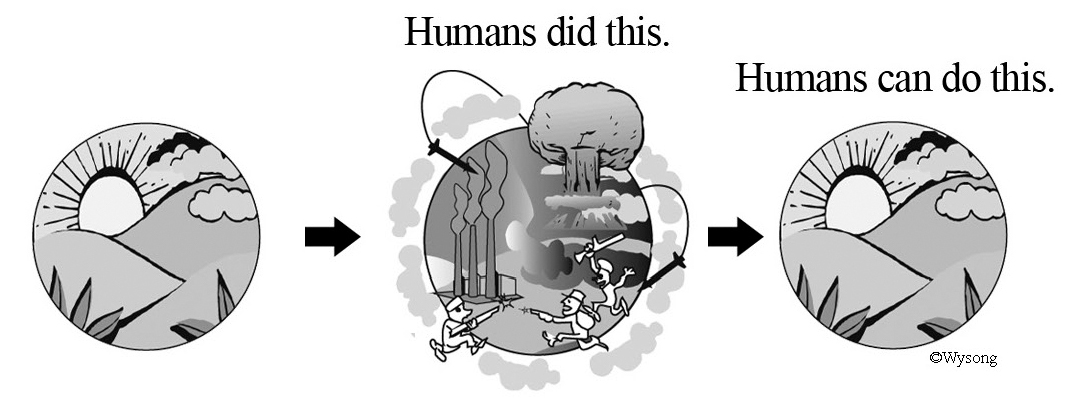
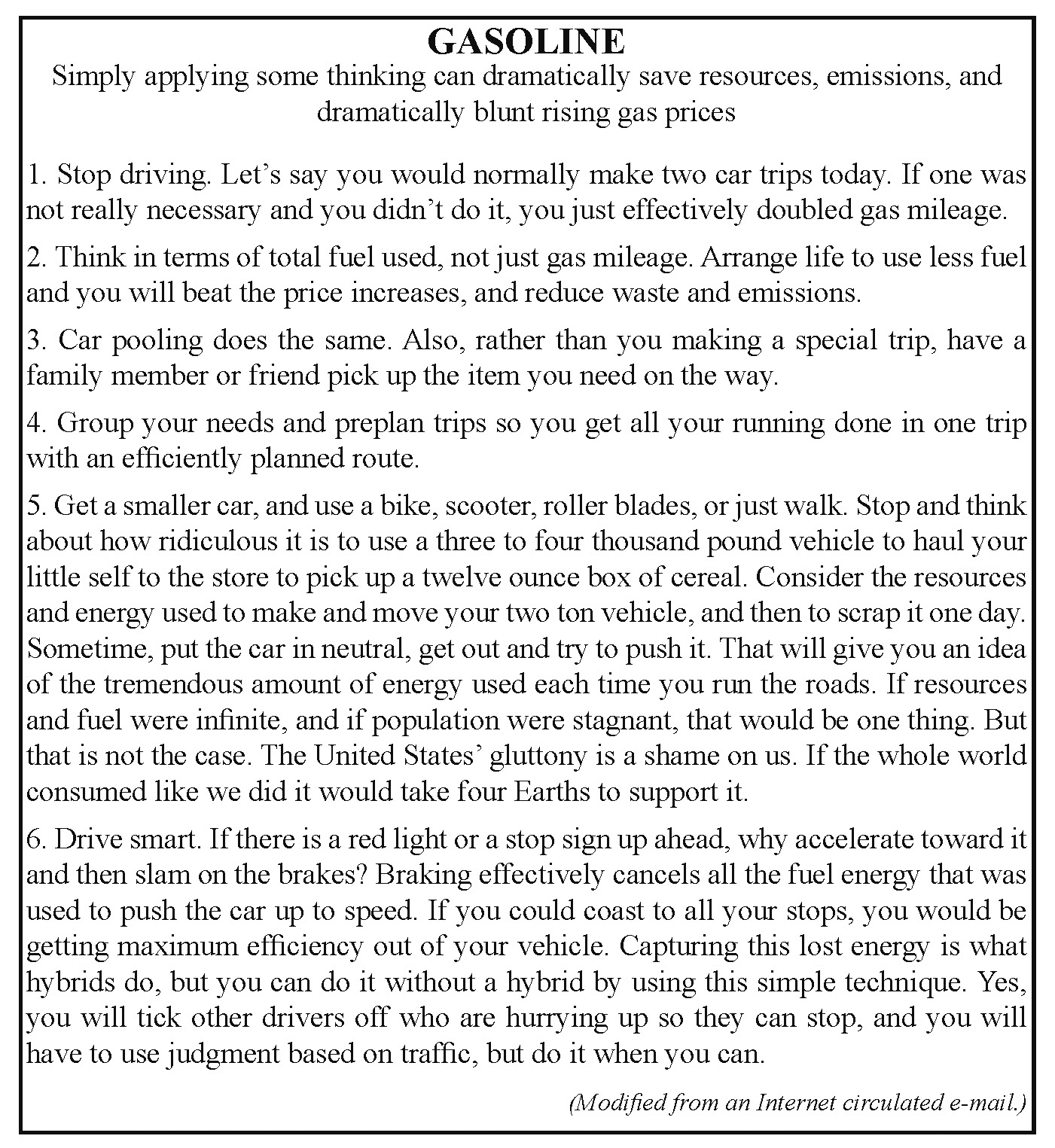
 RSS Feed
RSS Feed
 Twitter
Twitter
0 Comments